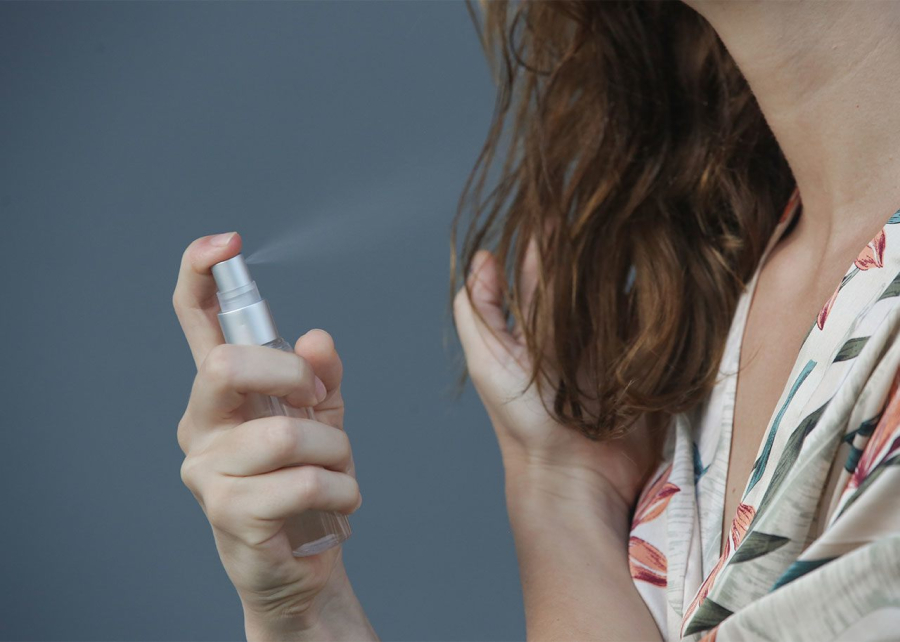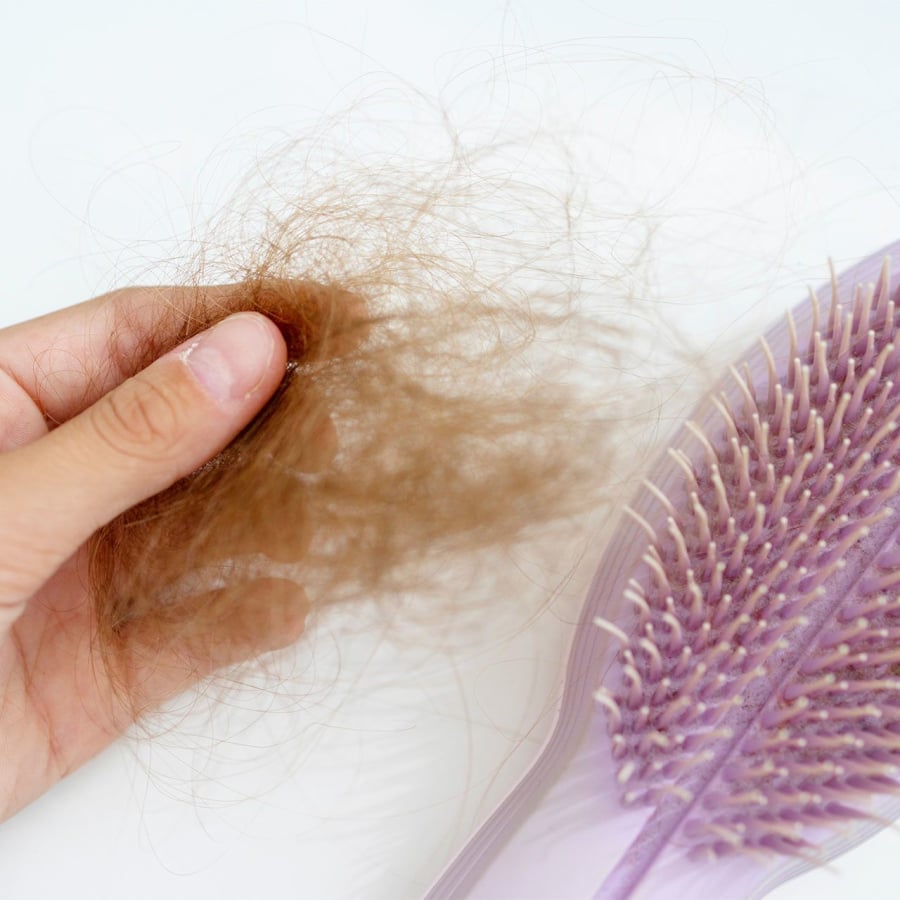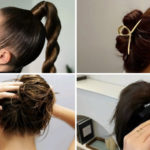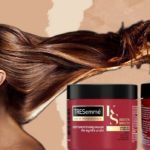Silicone Hair Masks
Some hair masks use silicone to artificially add shine. These non-water-soluble silicones coat the hair, giving it a smoother feel. However, they can damage your hair, especially if you don’t occasionally use a clarifying shampoo to remove product buildup.
Hair masks aren’t the only products that often contain these types of silicones. When choosing your hair care, be mindful of ingredients ending in “-cone,” including Dimethicone, Cyclomethicone, Amodimethicone, Phenyl Trimethicone, and Stearyl Dimethicone.

The Dangers of Non-Water-Soluble Silicones in Hair Products
Signs that your hair may be suffering from these silicones include dry hair, flaky and itchy scalp irritation, and hair loss. Hair loss can result from these silicones actually clogging your hair follicles.
Clarifying Shampoos
Many clarifying shampoos contain sulfates, a foaming agent that we associate with soap. These stronger shampoos may be better at removing oil, but they can also dry out your hair strands and contribute to increased hair fall.
For healthier hair and less hair loss, always check your product’s ingredient list and avoid silicones and sulfates. Opt for nourishing, moisturizing products that are not too harsh or intense for your hair.

Nourishing and Moisturizing Products for Healthier Hair
Note:
Also, keep an eye out for parabens when scanning the ingredient lists of hair care products. If the product you’re considering buying contains propylparaben or benzylparaben, it’s best to leave it on the shelf.
Mineral oil, being a derivative of petroleum, can cause unforeseen harm. Hair care products containing mineral oil will coat your hair and scalp, leading to clogged pores, acne, scalp imbalance, and irritation.
Isopropyl alcohol can effectively remove oil from the scalp, providing a cleansing effect. However, prolonged use of products containing this ingredient may lead to dry and brittle hair.
Additionally, Ethanol, Alcohol, Ethyl Alcohol, Isopropanol Alcohol, Propyl Alcohol, and SD Alcohol are commonly found in hair care products and are known to have similar effects as isopropyl alcohol.



































